Influential Civil Society Members Unite Against Child Marriage in Madhesh
A thick blanket of fog covered the small village of Durga Bhagwati Rural Municipality in the Rautahat District on a cold January morning. The sun was nowhere in sight and the streets were deserted.
Despite the cold, a figure emerged from the dense fog, collecting firewood and rice hay to start a fire. People gradually gathered around the fire, locally known as Ghur, which serves as a social hub for the community during information exchanges. Gathering around the Ghur is a common traditional practice in the lowlands for warmth during cold winter days.
The individuals who gathered around the fire made up the local Prabhabshali Nagarik Samaj Samiti (Influential Civil Society Members Committee). The community respects the committee members for their deep life experiences, age, and social status and seek their advice to solve problems in their day-to-day lives.
This committee is a unique initiative aimed at reducing child, early, and forced marriage (R-CEFM). It is now actively creating momentum for R-CEFM in six municipalities of Rautahat and Mahottari District of Madhesh Province, Nepal. Breakthrough ACTION, a social and behavior change project funded by USAID, conducted an R-CEFM activity to support this effort. The project provided needed technical support, guided by the co-created human-centered design process, to the local municipalities and wards to form the committees and mobilize them.
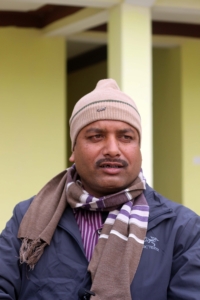
Chairperson Ramananda Yadav, Ward 4, Durga Bhagwati rural municipality, Rautahat. Photo by: Breakthrough ACTION-Nepal
The leadership to form this committee came from Ramananda Yadav, the chair of Ward 4 of Durga Bhagwati rural municipality, who had a personal reason to fight against child marriage. His brother’s son was married to a child who died giving birth when she was 16. This incident, eight years ago, changed Ramananda’s entire thought process. He said, “Child marriage is a torment for our children, a curse.” Upon being elected as the ward chairperson, Ramananda decided to mobilize the local Influential Members of Civil Society Committee against child marriage. This decision has had a positive impact. While community members only used to consult civil society during crises, they now reach out to these influential persons regularly and thus feel ownership of their society. Society members are proud to be recognized and respected by their local political leadership for their contribution.
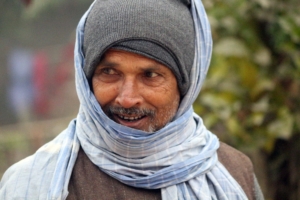
Madan Anand Mishra, a registered priest and retired teacher, Durga Bhagwati Rural Municipality, Rautahat. Photo by: Breakthrough ACTION-Nepal
Madan Anand Mishra, a registered priest and retired teacher, mentioned that when invited to fix the date for an arranged marriage, he now checks the age of the bride and groom. He also invites one of the five locally elected members of the ward to ensure proper oversight if the bride and groom are underage. “I always tell the parents that marrying off your child before the age of 20 not only leads to legal consequences for them, but I also get punished if I facilitate the child marriage.” The committee members are convinced child marriage has a significant negative impact on the young bride’s health.
Chunchun Mishra, a retired postmaster and the chair of the committee, says, “The girl will be weak; she might die if she is pregnant, or the baby will not survive.” He was referring to the fact that child marriage leads to higher rates of infant mortality, stillbirth, and maternal mortality.
According to Manohar Mishra, the committee’s secretary and a retired teacher, the committee meets monthly to discuss progress. “Child marriage won’t stop all at once. We need to work continuously to eliminate it. We also promote education for all children for their better future,” he said. Damodar Misra, an elderly member of the committee, added that this is a golden opportunity to move society on the progressive path by providing education and stopping child marriage.
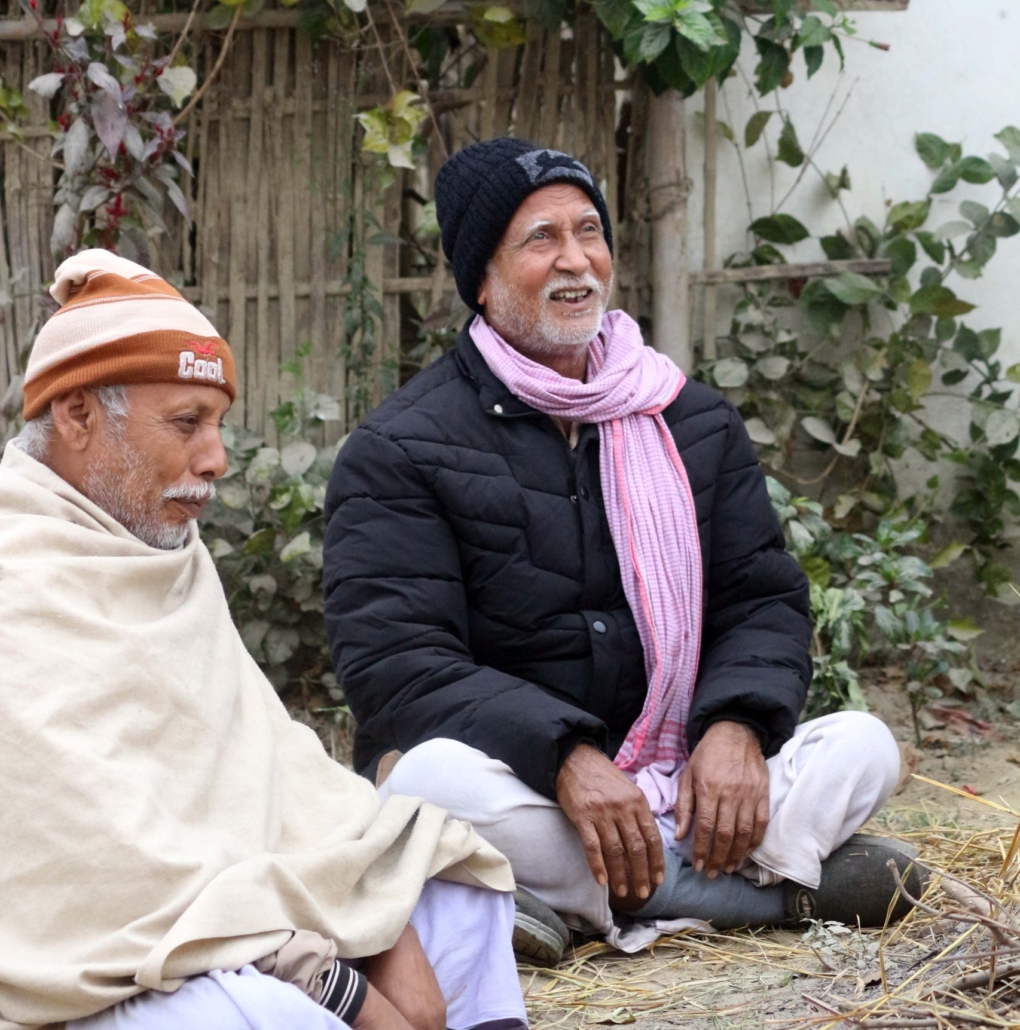
Manohar Mishra (L) and Chunchun Mishra (R), of Prabhabshali Nagarik Samaj Samiti, Bhagwati Rural Municipality, Rautahat. Photo by: Breakthrough ACTION-Nepal
The committee members’ dedication to collaborating with each other and with the local leadership has contributed to R-CEFM in their communities. Some local committees have self-funded R-CEFM activities. “Our work is to raise awareness among all members of our society on the negative impact of child, early, and forced marriage. The prevalence of child marriage was 42% in our locality when the committee was formed to work together some two years ago. Now the prevalence has been reduced to 28%,[1]” Chunchun Mishra, the chair of the committee proudly stated.
Written by: Rajesh Ghimire, Communications Specialist, Breakthrough ACTION
[1] The local census carried out by the municipality in 2022 found a prevalence of 42% child and early marriage. The rate had decreased to 28% according to the data collected between April 2022 and July 2023 by the Ward Child Rights Committee.

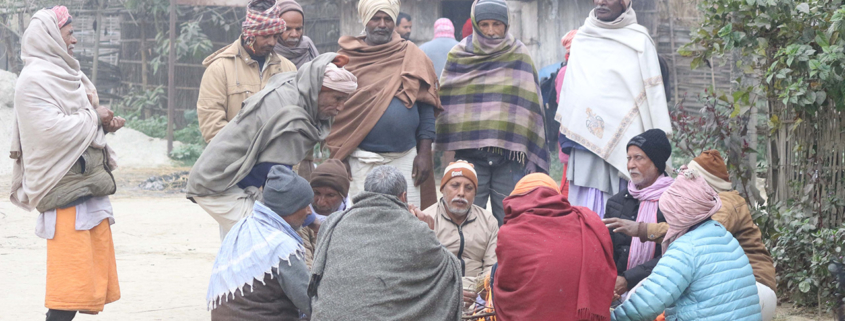 Breakthrough ACTION Nepal
Breakthrough ACTION Nepal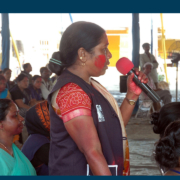 Gopal Bhattacharjee/Photoshare
Gopal Bhattacharjee/Photoshare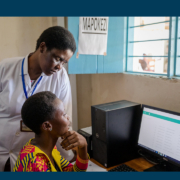 Rachel Chilton/USAID/Flickr
Rachel Chilton/USAID/Flickr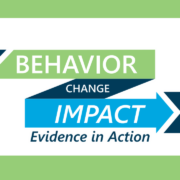
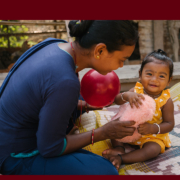 Dave Cooper/USAID
Dave Cooper/USAID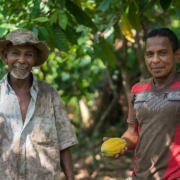 USAID/Flickr
USAID/Flickr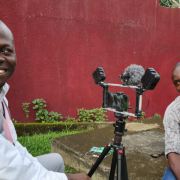 John Hopkins Center for Communication Programs
John Hopkins Center for Communication Programs